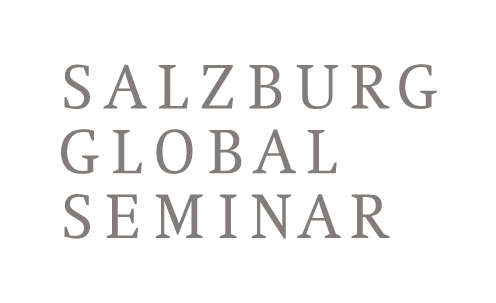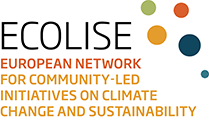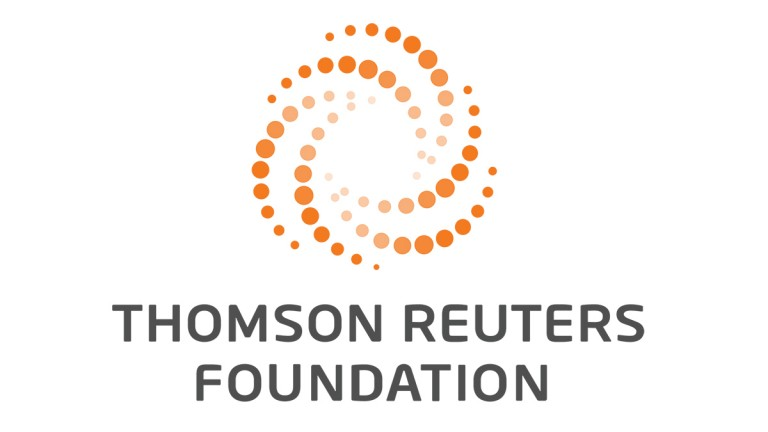Describes the present ecological predicament and analyzes the security implications arising from this ecological disruption. In this sense, threats without “actors or explicit actor intention, such as infectious disease outbreaks, pandemics, and intensified natural disasters that harm people and infrastructure, present threats to which national security structures and agencies in the U.S. and elsewhere must adapt, and restructure where necessary” in order to meet their missions in the coming years and decades.
Ecological Disruption is underway
On the 21st century human activities greatly influence interactions between organisms and their habitats. On this regard, the report highlights that “habitats are changing, life is redistributing and mixing in new ways, and manyecosystems are shifting to new baseline states. The impacts on health, safety, security and prosperity are
manifold, from crop failures and infectious disease outbreaks to conflict, instability, and erosion of livelihoods.”
Ecosystem Services are degrading
Ecosystem services are the “suite of benefits that natural systems provide to humanity.” For instance:
Regulating services
- Air
- Water
- Soil quality
- Natural disasters
- Extreme events
- Pollination
- Disease and pest control
Material services
- Food
- Water
- Fiber production
- Energy provision
- Medicinal resources
Nonmaterial services
- Recreation
- Tourism
- Heritage protection
- Symbolic, spiritual and psychological
Furthermore, growing evidence has highlighted that “the consequences of amassed losses of ecosystem services may compare to those of other better-known global change stressors, such as climate change—itself a major contributor to the losses of ecological services.” This could lead to possible catastrophic outcomes for complex human systems such as the modern nationa-state architecture in global affairs.
Pandemic Risk grows as nature degrades
Ecological degradation like loss and fragmentation of habitat raises the possibility of a zoonotic contagion “by increasing the frequency of people and their systems interacting with wildlife.” Moreover, as seen due to the COVID pandemic, global infectious disease outbreaks can:
- disrupt social order
- undermine economic stability
- depress trade
- decimate public health capacity
- heighten food insecurity
- deteriorate public confidence in government
- exacerbate social and political inequalities
Environmental Crime is amplifying Ecological Stress and Social Instability
Environemental crime even though mainly driven by market forces produces a notable economic damage “with revenues diverted from national treasuries into informal economies and both terrorist and criminal networks, thereby depriving countries of the benefits from their natural wealth.” Moreover, this illegal trade also presents multifaceted risks to a country’s social and political capital.
The Natural Security Campaign has elevated attention to specific drivers of insecurity
Ecological stresses “add pressure on people, communities, governments, institutions, and norms that have
not evolved to adequately address the changing threat landscape.” As such, these ecological pressures as drivers of insecurity are:
- Water
- Food
- WIldlife
- Forests
- FIsheries
Drawing from these key kindings, the reports extends a series of recommendations that are supported on three precepts:
- Legislative and Executive cooperation from the US Government to facilitate appropriated and coordinated funding and structures.
- Promoting the scientific expertise into the defense, diplomatic and intelligence communities.
- Changing the US National security doctrine and architecture.
Find the full report here.




